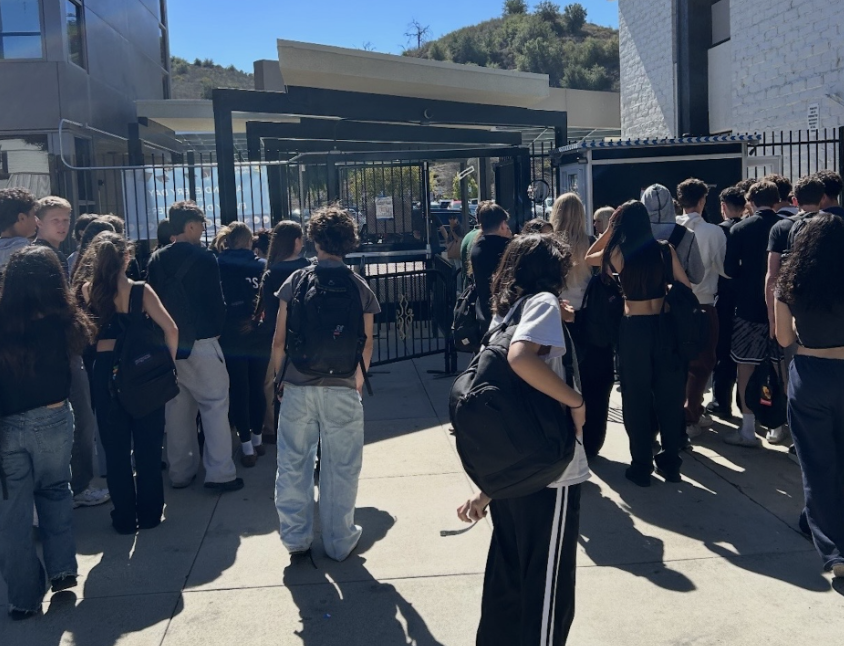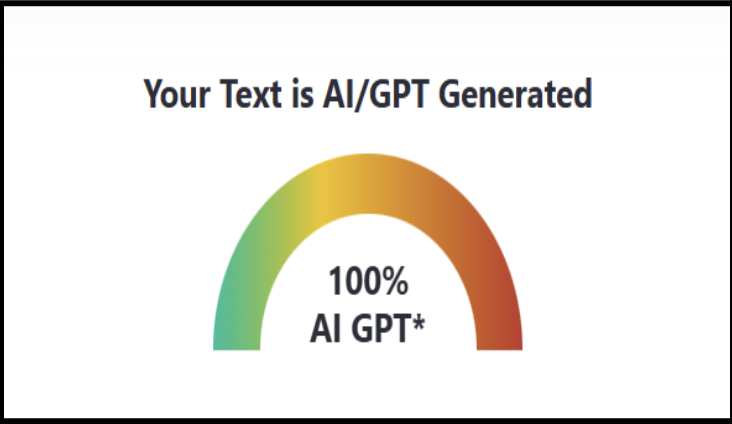As the fourth year of high school comes around, members of the graduating class eagerly await the results of the senior superlatives. However, while the recognition of being extremely attractive or athletic will be permanently recorded in the yearbook, class favorites are solely based on superficial opinions and popularity. Instead of titles that are only skin-deep, teachers should vote on awards that place a spotlight on the students that excel in each subject. Shallow characteristics should not categorize students as “the best” in their high school class, as these classifications exploit all of the simplistic traits that society deems to be the most important. Also, since the class favorites are a popularity competition, the majority of the class already has a clear idea of who the winners will be. Finally, awards such as “Best Writer” or “Best Chemist” would not only recognize students for true hard work but would be asserted by teachers.
The majority of options for class favorites portray only the external qualities of high school students. Due to awards such as “Best Body” and “Most Attractive,” the pressure that society has created to look or act a specific way is only further encouraged. These types of awards also exclude most of the student population who might not appear the way society qualifies as the best. A student should not feel badly about the way he or she looks, but witnessing others accepting awards for having such appearances can lead to insecurities among students. According to www.infoniac.com, 77 percent of teenage girls consider themselves ugly and 25 percent of men are deeply dissatisfied with their bodies. Praising students for possessing traits such as superior good looks and toned physiques will make other students feel inadequate. There is enough societal pressure from society without schools condemning all of these features as “the best.”
“It is very important for someone to be deemed most attractive because that is what society and the media has taught us to believe,” said senior Erica Lang. “[This is] especially impressionable on insecure young adults who are constantly judged by their exteriors.”
Voting on class favorites is beginning to seem futile. Generally the prominently known students receive these awards, so the outcomes are usually predicable. Students campaign on Facebook, and persuade their classmates to vote for them. By the time all of the seniors cast their votes the winners are already obvious.
“[I have received] about 5 [Facebook events],” said senior Sierra Case. “[The winners will] have told all of their friends and their friends’ friends to vote for them [making the winners pretty obvious].”
Rather than focusing on such superficial traits, students should focus on the accomplishments and work ethics of fellow peers. There are students that excel above their classmates in certain subjects and work extremely hard to do so. These students deserve recognition with titles such as “Best Spanish Speaker” and “Best Mathematician.” Awards of this nature would not be based on popularity; teachers from each department could elect students based on their performances throughout high school. If these awards were to exist, students who would otherwise go unnoticed have the opportunity to obtain recognition and acknowledgement among their peers.
Senior class favorites serve as memories that will be engraved in the students’ minds forever. This should not be a popularity contest, but rather a way of recognizing remarkable students from the graduating class.








